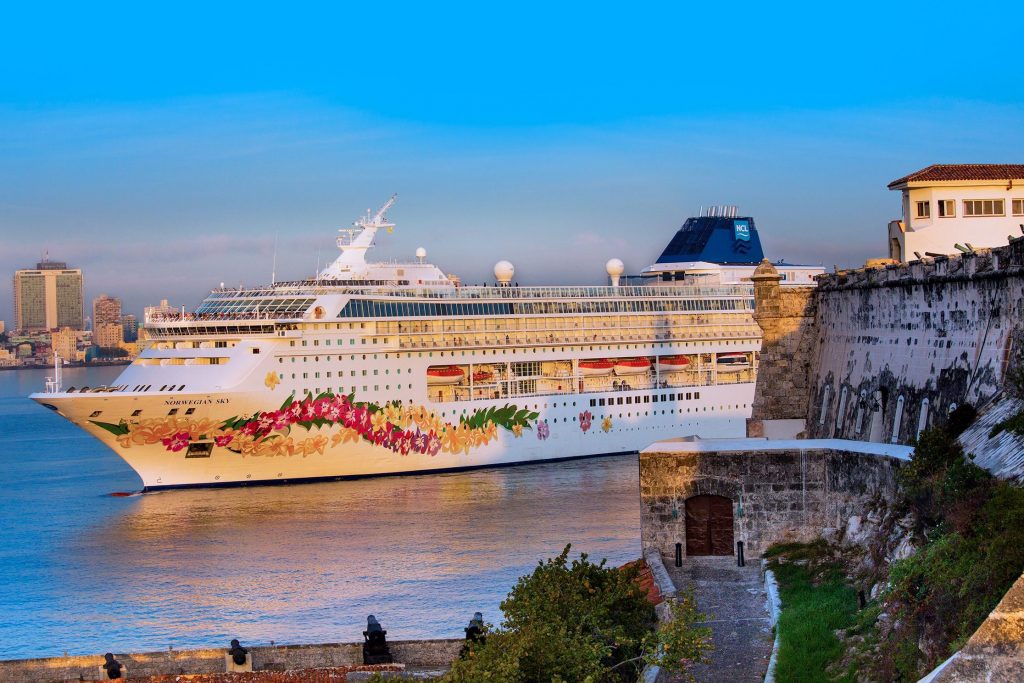Norwegian Cruise Line Is Getting a Rocky Start in China

Skift Take
Expanding to new markets can be tough; Norwegian Cruise Line Holdings is fortunate that its business in the rest of the world appears to be thriving.
Last year's cruise slump in Europe has given way to strong demand in the region from passengers around the world, and new Cuba itineraries are commanding high prices, executives from Norwegian Cruise Line Holdings said.
President and CEO Frank Del Rio said the Miami-based cruise operator just wrapped up "the best wave season" — the heavy booking period that kicks off the year — "that we and likely the industry have experienced in quite some time."
The only market giving the company pause happens to be the one it's about to enter: China. During the earnings call, Del Rio used the words "cautious" and, repeatedly, "conservative" to describe e
